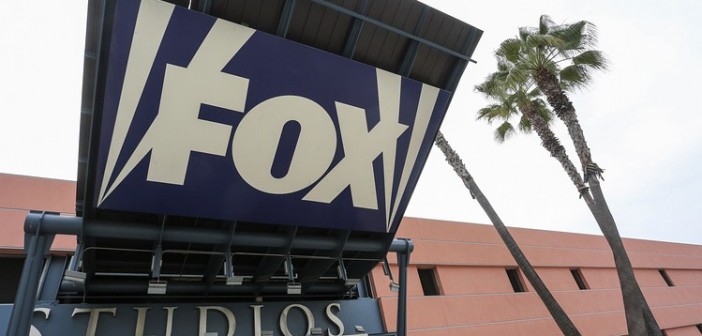Two giants in the telecommunications industry battle publicly over Retransmission Consent. Both Fox and Time Warner Cable have let cooler heads prevail in their war over money to be doled out in fees to Fox by extending their negotiations beyond the Dec 31, 2009 deadline.
At issue, the Fox owned broadcast networks carried by the Time Warner Cable pipelines. Under Retransmission Consent broadcasters can choose (Must-Carry), where cable operators agree to carry stations throughout the consent period for free, or negotiate for (Advertising) or (Fee-Based) arrangements to solidify carriage. Obviously, Fox has chosen the latter with a proposed $1.00 per month charge per Time Warner Cable subscriber.
Keep in mind that local Fox Affiliates have agreed to terms with Time Warner Cable, which is significantly lower in compensation than the $1.00 fee proposed by Fox owned stations. Evidently Fox views its owned stations in larger markets to be worth much more than its affiliates in smaller DMA’s.
A $1.00 per sub fee to Time Warner Cable for Fox broadcast stations would mean millions of additional expense added to their bottom lines on a per month basis. How will the cost be absorbed? Traditionally, these costs are passed on to customers in increased monthly fees, and with linear programming configurations taking the heat from consumers, as paying for more than they want, Time Warner Cable does not want to take that inevitable backlash. This is evidenced by Time Warner Cable’s website asking customers where they should draw the line.
With broadcasting revenues on a continuing decline, Retransmission Consent negotiations have become a target for broadcasters like Fox to recoup falling revenues. While content is worth money, where do cable companies draw the line on preventing the rising costs? It would seem monetary negotiations should reflect program ratings on a per market basis, i.e. American Idol, and NFL Giants Games and local programming? What is market demand for this type programming?
Unfortunately, this saga has moved to the public arena with both sides trying to sway public opinion. It has become so public that both Senator John Kerry and FCC Chairman Julian Genachowski have stepped in to cool the situation, which serves to highlight the fight over revenue and costs, and consumers disdain for being caught in the middle. So much for public relations!

